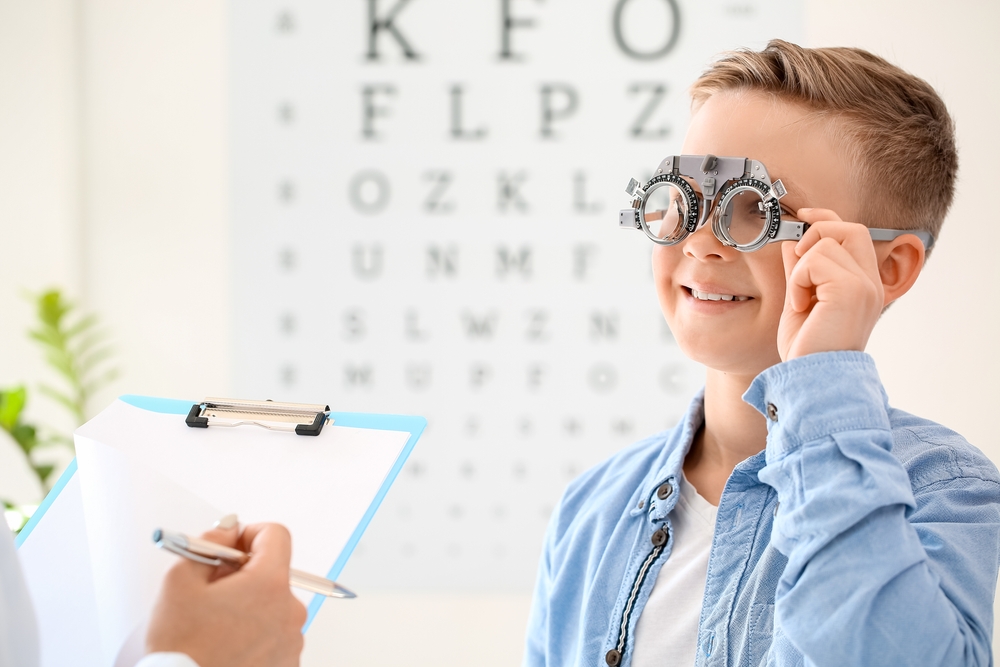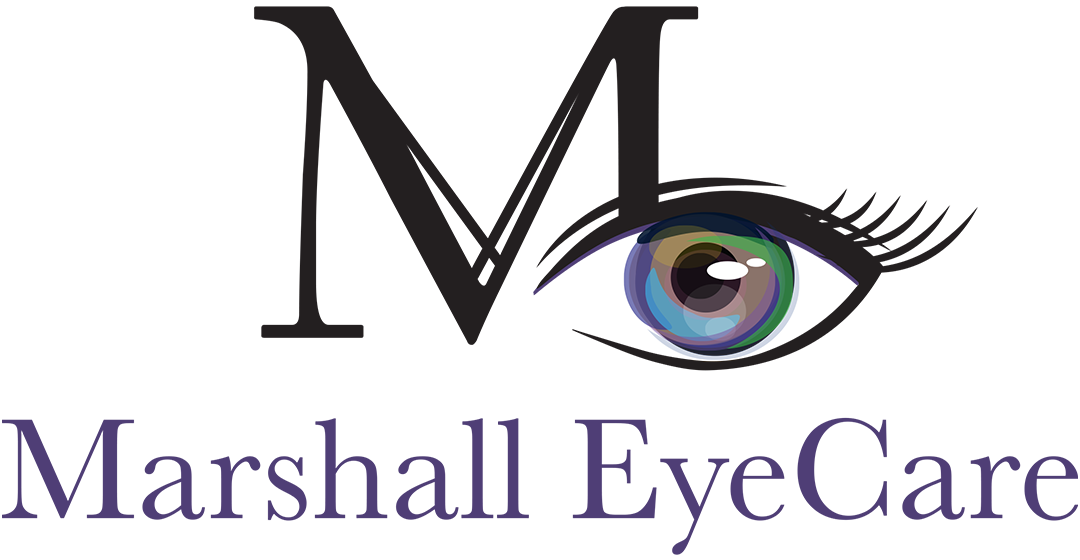
The health and development of your child's vision are crucial to their overall well-being. Vision plays a critical role in a child's physical, cognitive, and social development, influencing their ability to learn, interact with the world, and reach important milestones. Yet, many parents may overlook the importance of regular pediatric eye care, assuming that their child's vision is developing normally.
Vision Development in Children
Vision development in children is a complex and dynamic process that begins at birth and continues well into the teenage years. In the first few months of life, infants' visual abilities are relatively basic, but they quickly progress through various stages of development.
By the time a child reaches the age of 6 or 7, their visual system should be fully developed, with the ability to see clearly, focus, and coordinate their eye movements. However, this development can be disrupted by a variety of factors, including genetic predispositions, environmental influences, and developmental delays.
Understanding the stages of vision development in children can help you recognize potential problems and seek timely intervention. For example, by the age of 3, a child should be able to see clearly at a distance, while by age 5, they should have developed depth perception and the ability to focus on near and distant objects. If your child is not meeting these milestones, it may be a sign of an underlying vision issue that requires further evaluation.
Signs of Vision Problems in Children
Recognizing the signs of vision problems in children is crucial for ensuring they receive the necessary care and support. While some vision issues may be obvious, such as a lazy eye or crossed eyes, others can be more subtle and easily overlooked. As a parent, it's important to be attuned to the following signs that may indicate a vision problem:
· Frequent eye rubbing or blinking
· Complaints of headaches or eye strain
· Difficulty with reading or close-up work
· Squinting or tilting the head to see better
· Covering or closing one eye to see
· Frequent loss of place when reading
· Avoiding activities that require good vision
If you notice any of these signs in your child, it's important to schedule a comprehensive eye exam with an optometrist. Early detection and intervention can make a significant difference in the long-term health and development of your child's vision.
The Role of Regular Pediatric Eye Exams
Regular pediatric eye exams are essential for ensuring your child's vision development is on track and catching any potential problems early on. The American Optometric Association recommends that children have their first comprehensive eye exam at 6 months of age, followed by additional exams at ages 3 and 5, and then annually thereafter.
These eye exams are more than just a vision screening; they involve a thorough evaluation of your child's visual acuity, eye alignment, focusing ability, and overall eye health. By working with an optometrist, you can be confident that any vision issues will be identified and addressed promptly, before they have a chance to interfere with your child's learning, development, or overall well-being.
Regular eye exams also provide an opportunity for your child's eye care provider to monitor the progression of their vision development and identify any changes or areas of concern. This proactive approach can help prevent more serious problems from arising and ensure your child's eyes are healthy and functioning at their best.
Book Your Child’s Eye Exam with Marshall EyeCare Today
Prioritizing pediatric eye care is a crucial investment in your child's overall health and well-being. Regular eye exams, early detection of vision issues, and proactive treatment can make a significant difference in your child's ability to learn, grow, and thrive.
At Marshall EyeCare, we are committed to delivering personalized, compassionate care tailored to your child's unique needs. Visit our office in Aberdeen, New Jersey, or call (732) 837-0988 to schedule an appointment and take the first step towards securing your child's visual future.








